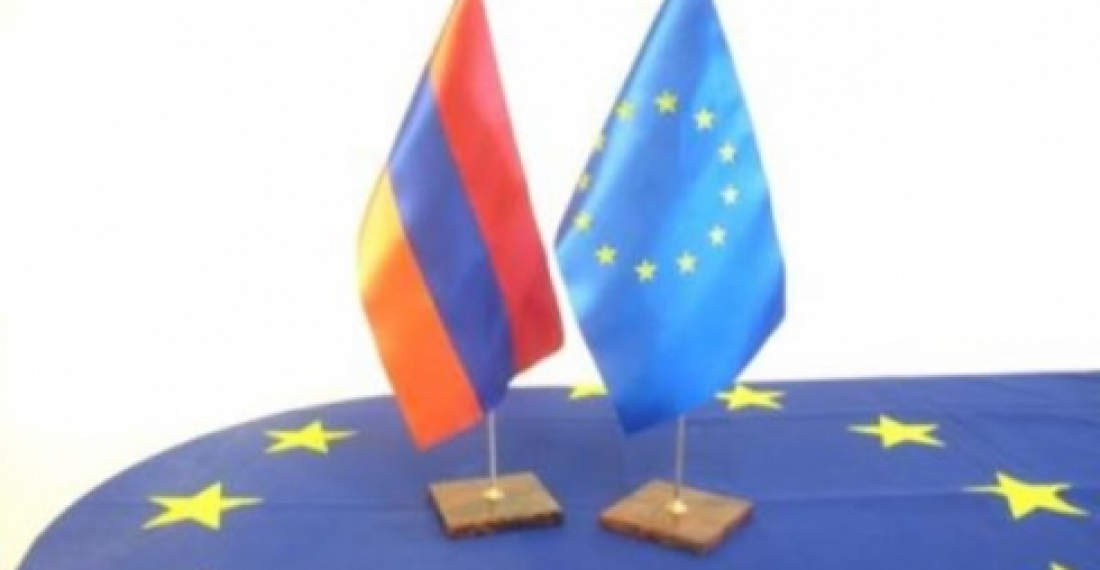Armenia and the European Union will shortly start negotiations on a new agreement which will replace the current Partnership and Co-operation Agreement. On 12 October 2015 the Foreign Affairs Council of the European Union authorised the European Commission and the High Representative to open negotiations on a new, legally binding and overarching agreement with Armenia, and adopted the corresponding negotiating mandate. The new agreement will replace the current Partnership and Co-operation Agreement between Armenia and the EU which came into force in 1999.
A statement by the European External Action Service a few days later said that the EU is committed to further develop and strengthen comprehensive cooperation with Armenia in all areas of mutual interest within the Eastern Partnership framework.
The official launching of negotiations is envisaged to take place before the end of the year.
Speaking in Yerevan on Wednesday (21 October), the Deputy Minister of Economy of Armenia, Garegin Melkonyan said that the agreement will cover twenty eight spheres. According to Deputy Minister Melkonyan, quoted by the Armenpress news agency, a number of provisions in the current Partnership and Co-operation Agreement in the economic sphere will now be excluded. These relate mainly to tariffs and free trade of certain goods. Melkonyan said that since Armenia was now a member of the Eurasian Economic Union (EEU) it could not negotiate separetely preferential arrangements with another economic bloc.
Armenia was close to signing an Association Agreement with the European Union in 2013, but at the last moment decided instead to join the Russia-led Eurasian Economic Union (EEU). Since then both sides have been exploring ways in which they could formalise the co-operation between them since after Armenia accession to the EEU the Partnership and Co-operation agreement had become in many respects obsolete.
Observers in Brussels say that the EU insisted that any new agreement had to have a legal basis and not simply be a political declaration. However this new agreement will be nothing like the Association Agreement that was negotiated up to September 2013 and should not be seen as a substitute to it.
Negotiations of a new agreement are likely to take between one to two years, as long as there are no complications.
source: commonspace.eu with Armenpress and the Press Service of the EEAS






